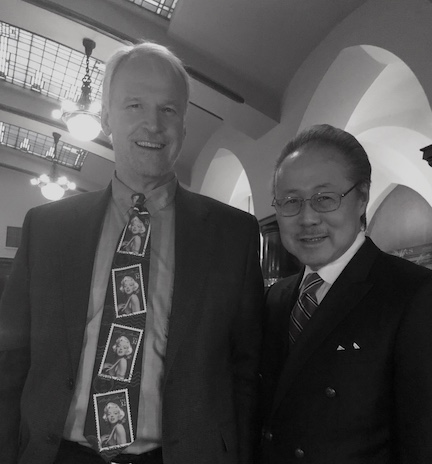
Thomas Wolfe. Image via azquotes and gcottraux.me.
What does a hillbilly see when they look homeward?
From all appearances I’m not the only blogger with a Thomas Wolfe fixation.
Yet anyone who takes the time to look homeward as an adult, especially an adult writer with a Thomas Wolfe problem, sees the past in new light.
Hard reading does that, which isn’t to say Tom is a hard read. Maybe tedious, but not hard.
If you look homeward you’ll see your home, not his.
To get it right though, you ought to see his.
So what is a Thomas Wolfe fixation, a Thomas Wolfe problem?
It starts with the reader and moves out from there.
I blame the late Pat Conroy who said he read the first page of Look Homeward Angel over and over.
After he read it over and over, he read it over and over again.
Try explaining that to someone who reads and notices you haven’t turned the page on the book you’re reading.
How do you explain yourself?
You might say, “Keep your nose out of my book,” then loan them a copy of Wolfe.
It starts off with the single greatest, knock-your-socks-off first page I have ever come across in my careful reading of world literature, and I consider myself a small-time aficionado of wonderful first and last pages.
If you’ve seen the opening of the movie Adaptation, you’ll get it. Compressed history of the world.
Which isn’t to say Look Homeward, Angel goes downhill from there.
The North Carolina of Wolfe’s Look Homeward boyhood era, 1900 – 1915, is full of people who visit and talk about their maladies, the gruesome deaths of friends and relatives.
In other words it’s a look behind the curtains of a region with enough peculiarities and characters to fill up a shelf of books, an entire bookstore, a library chain.
An interest in Wolfe turns into an investigation of people weirder than you, and it works.
Does this justify a Look Homeward hillbilly tag? Only if you believe in the idea of a literary backwoods.
Who lives in the backwoods, anyway? People who read the same page a hundred times?
Sign me up.
I’m reading Look Homeward, Angel at a pace that shows I might finish by the end of the year. Call it an infusion of Wolfe, nice and slow.
What do I expect to gain from this anti-Evelyn Wood Reading Dynamics plan?
Like slow television lets you watch every stitch of a knitter on the screen, intentional slow reading opens the author to better interpretation.
Slow reading lets you change every sentence as you go, breaking down sentence structure, marking the difference between the real Wolfe and the edited Wolfe.
You can buy a new version of Look Homeward, Angel annotated with the original work before the Max Perkins maximum chopping.
The Wolfe – Perkins literary love affair is shown in full bloom in Genius:
From Academy Award-nominated screenwriter JOHN LOGAN (Gladiator, The Aviator, Hugo, Skyfall) and acclaimed, Tony Award-winning director MICHAEL GRANDAGE in his feature film debut, comes Genius, a stirring drama about the complex friendship and transformative professional relationship between the world-renowned book editor Maxwell Perkins (who discovered F. Scott Fitzgerald and Ernest Hemingway) and the larger-than-life literary giant Thomas Wolfe.
Who should slow read a book, and which book is deserving of the effort, instead of breezing through?
Only those who look homeward? No.
You should, but only if the author is acclaimed as Ground Breaking, or Voice Of A Generation, or worshiped by other authors you love.
Pan Conroy loves Thomas Wolfe, I’ve loved reading Pat Conroy, so I must slow read Wolfe to finish the syllogism. (If this, and that, then the other thing about sharp reasoning.)
Coming of age stories are fun reads. Who doesn’t admire J D Salinger for Holden Caulfield in Catcher in the Rye?
Eugene Gant deserves the same, just slow read for the simmering effect.
Are you wondering about that first page?
“A destiny that leads the English to the Dutch is strange enough; but one that leads from Epsom into Pennsylvania, and thence into the hills that shut in Altamont over the proud coral cry of the cock, and the soft stone smile of an angel, is touched by that dark miracle of chance which makes new magic in a dusty world.
Each of us is all the sums he has not counted: subtract us into nakedness and night again, and you shall see begin in Crete four thousand years ago the love that ended yesterday in Texas.
The seed of our destruction will blossom in the desert, the alexin of our cure grows by a mountain rock, and our lives are haunted by a Georgia slattern, because a London cutpurse went unhung. Each moment is the fruit of forty thousand years. The minute-winning days, like flies, buzz home to death, and every moment is a window on all time.
This is a moment:”
Could you read that a hundred times? Sure you could.


